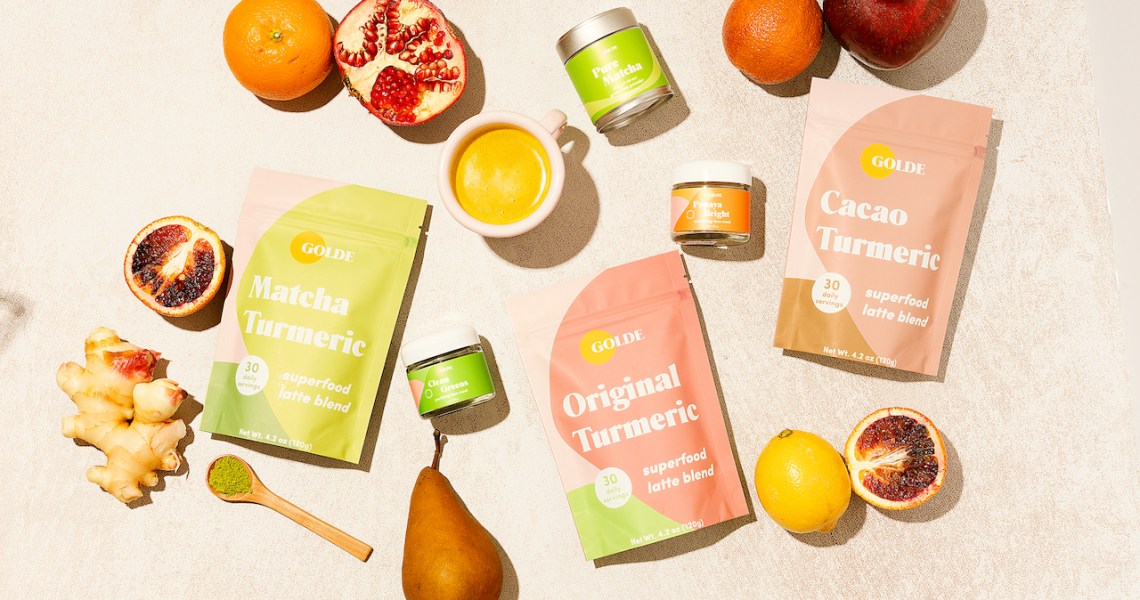Part focus group, part influencer campaign planning tool and part social club, private online brand groups have been growing in popularity among DTC startups.
Organized on a variety of social platforms, such as Instagram, Facebook and Geneva, these B2B mini-communities often consist of influencers, founders’ friends and, sometimes, even loyal customers. For small brands that don’t have the massive market research budgets of major beauty conglomerates, the groups help founders gain honest feedback in real-time.
When hair-care brand Ceremonia founder Babba Rivera was planning her brand launch pre-pandemic, she organized an “insider community” of influencers who would meet for lunch to give feedback and ideas on products. When the pandemic hit, the search was on for an effective way for the group to go virtual.
“It started on WhatsApp, and then we quickly realized that there were a lot of limitations with WhatsApp,” namely around group size, said Rivera. Eventually, she came across Slack-like messaging startup Geneva, where she interacts on a weekly basis with a group of 193 members. Prior to its official launch in May 2021, Geneva in beta was being used by wellness brand Golde and e-tailer Geenie.
The members of Ceremonia’s insider group “are all part of our product development,” said Rivera. “We ask them what they think. They get to test our first samples from the lab, and they get to provide feedback on it, iterate on this formula, and be part of it from ideation to sampling to launch.”
Golde, meanwhile, has been using Geneva for its #ClubGolde ambassador program for more than half a year.
“I was looking for somewhere for them to be able to connect with each other that was beyond commenting on each other’s photos on Instagram or [using] email chains,” said Maitreya Brooks, Golde’s head of partnerships and community. She said that if Geneva did not exist, Slack would be the next choice, but Geneva offers additional functions including group video hangouts and an events calendar. “Slack, to me, just feels more work-focused, and Geneva feels like it fosters more of a community,” said Brooks. “Community is the backbone of Golde. It’s definitely our main priority whenever we’re thinking about anything, like new products or what the most important aspect of the brand is.”
In the group, Golde shares campaign instructions, while influencers share their content ideas and posts with one another for inspiration. Beyond the business aspect, it has also morphed into a social club, with conversations around lifestyle topics including wellness, recipes and home decor, and recommendations for restaurants and natural wine. The members also use it to plan social meet-ups in real life.
“It feels more supportive and communal than Instagram does, because you’re not just DMing individual people,” said Brooks.
Members of these groups often blur the line between enthusiastic customers and influencers, and the groups create brand evangelists out of those who join. Ceremonia, for example, includes not only influencers, but also microinfluencers and customers in its Geneva group. Instagram followers can DM the brand and fill out a form to be added.
Private Instagram accounts are another way to organize these groups. Newly launched Gen-Z wig startup Waeve uses Instagram to organize its private group of 300 members it calls its “Waeve Baes.” The brand turns to the group for influencer marketing and product development input.
“We basically ask them questions about everything, like ‘What do you want to see in the packaging?’ ‘What styles are you liking?’ ‘What’s important to you, when it comes to the tutorial videos you want?’’” said Mary Imevbore, Waeve’s co-founder and CEO. “Everything we do, we share with them first.”
“They’re part of our team, essentially,” she said. “Yes, there are three founders, but there are so many more people in our community who are helping us create this thing and push it forward. I want people to feel ownership in that.”
These groups are decidedly more business-focused than private consumer-facing groups organized by brands. The latter is a marketing strategy that beauty labels including Glossier, Versed, Glow Recipe and Curology are using now or have used in the past. Glow Recipe, for example, now has over 20,000 members in its private @realglowgang Instagram account, which it uses for sampling and product feedback.
But brands are considering alternative options, in order to open their micro-communities to a broader group of customers. “We’re considering opening up, but for now, it’s a closed group,” said Rivera.




